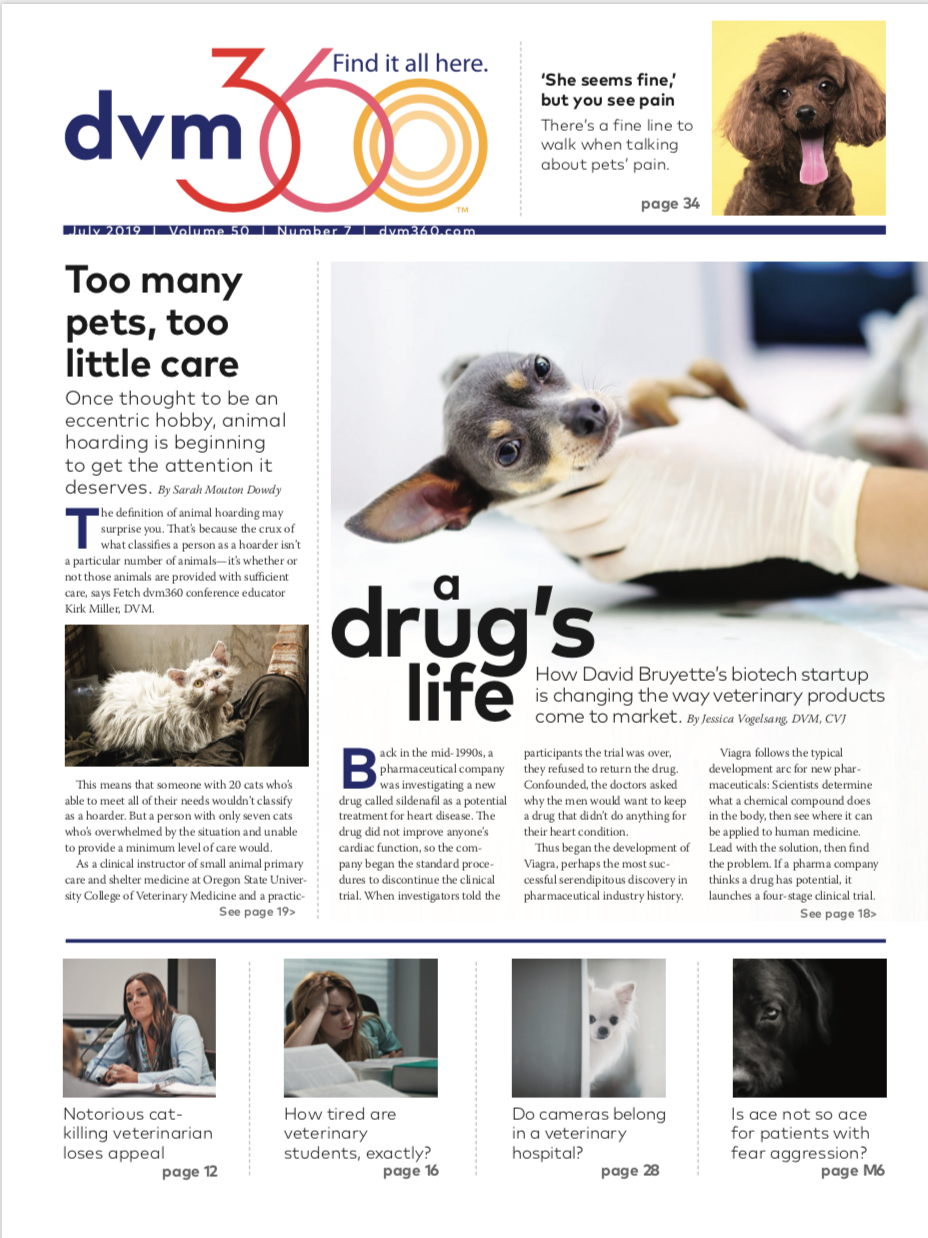Data: How tired are veterinary students, exactly?
No shocker, veterinary students are tired. This new study proves it conclusively and begs this question: Now what?Photographee.eu/stock.adobe.com
Photographee.eu / stock.adobe.com

See, it all started when Michael Nappier, DVM, DABVP, was making the argument that checklists built from Partners for Healthy Pets material could help veterinary students perform better, more consistent wellness exams.
“Believe it or not, I got this feedback: ‘We know checklists are useful in situations where people are under stress or sleep-deprived, like airline pilots or human-medicine surgeons, but we have no data that veterinary students are stressed or sleep-deprived,'” Dr. Nappier says. “It was one of the most confoundingly ridiculous statements I'd heard in a long time, especially with all the talk in the profession about wellness.”
So, Dr. Nappier and three other study coauthors surveyed veterinary students at the Virginia-Maryland College of Veterinary Medicine in Blacksburg, Virginia, at five points (September, November, December, February and May) over the course of an academic year to quantify their perceived sleep quality and sleepiness during activities. The study used the Pittsburgh Sleep Quality Index and Epworth Sleepiness Scale, and the results showed that the 312 students participating had poor sleep quality and above-average to excessive daytime sleepiness. Here's how that looked:

For sleep quality, scores >5 are poor. For sleepiness, scores of 6 to 10 are “high normal” and 11 to 24 are “excessive.”
Dr. Nappier hopes the research will spur critical examination of veterinary school curriculum and evaluation of how students spend time in school. One possible takeaway for Dr. Nappier: “I remember my own time as a veterinary student. I'd be in the hospital 24 hours straight. As I review this data about how tired students are, I'm thinking hey, if you're going to work overnight in ICU, maybe you shouldn't have to be on the next day.”
Who's sleepiest?
First-year veterinary students started the least sleepy, but already showed poor sleep quality and higher-than-normal daytime sleepiness in September. Over the course of the year, first-, second- and third-year students' sleep all worsened. Fourth-year students (who started the worst) improved later in the year.
“We don't know for sure why fourth-year students improve,” Dr. Nappier says. “But maybe they're figuring out some effective coping mechanisms. It's also their last year and they've passed NAVLE. Some of them are getting jobs and contracts signed as the year goes on, which could help them feel less stress.”
Adjusting the curriculum and pace of assessments is another change the research could support, he says. “We're asking students to digest so much, and we cram in back-to-back assessments during their education. Let's step back. Why are we doing it this way? Is everything we're teaching truly material they need as veterinarians? How many hours are we physically expecting them to be there and learning?”
It's easy to say veterinary school is just stressful. Veterinary students will survive, graduate and get out in the real world. “Veterinary school is their real world for a number of years, though,” says Dr. Nappier. “Yes, we produce excellent clinicians-but at what personal cost?”
